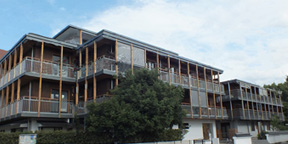
Shishu-Kan Fund
The Shishu-kan Fund helps cultivate future leaders with broad intellect, advanced expertise, charismatic strengths, and the ability to lead efforts in the public interest and find solutions to an array of social issues.
Project support funds are categorized into four groups:

The Shishu-kan Fund helps cultivate future leaders with broad intellect, advanced expertise, charismatic strengths, and the ability to lead efforts in the public interest and find solutions to an array of social issues.
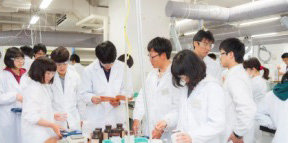
The Graduate School of Science has a mission to engage in world-leading and cutting-edge scientific research and to support individuals with scientific knowledge to solve the issues facing global society.

The Graduate School and Faculty of Education is engaged in research on a diverse array of themes relevant to education, psychology, human condition and the society.
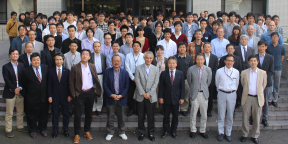
By generating exceptional research output and developing international human resources to drive drug discovery and medical care, we will create a center for education and research of the highest global standard.
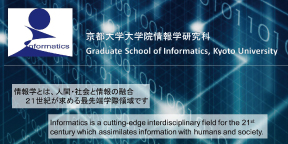
Supporting research that will help generate revolutionary innovations to transform the society of the future, with a focus on both cutting-edge research in informatics and the basic research that underpins it.
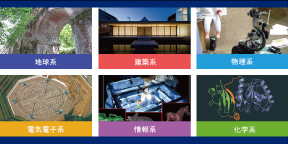
Overall, the fund will allow improving our infrastructure to overcome some of the geographical disadvantages, promoting a higher degree of educational and research activities at Graduate School of Engineering.
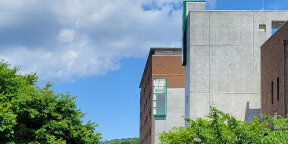
We will promote education and research development to use the humanity’s intellectual heritage for the future. Through education and research that involves consulting the original documents and books we can touch by hand, we aim to nurture individuals with excellent human qualities as well as the next generation of researchers.
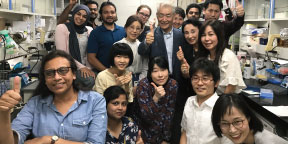
Tasuku Honjo Incentive Fund was established by Dr. Honjo, a distinguished professor, with his donation of the cash award that accompanied his Novel Prize in Physiology or Medical, which he was awarded in October 2018.This fund will be used to support young researchers who pursue their research with strong determination and unsparing effort.
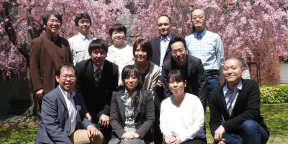
The Kokoro Research Center has assembled researchers from a wide range of academic fields for diverse interdisciplinary research aimed at elucidating the mechanisms of the human mind.
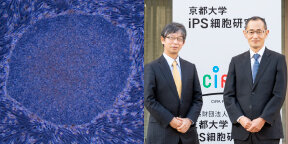
To deliver the benefits of iPS cell research as quickly as possible to patients, Kyoto University has created the iPS Cell Research Fund to support CiRA researchers and other staff for this goal.
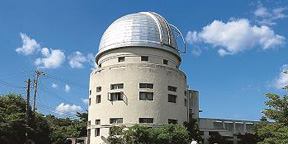
Kyoto University Observatory Fund supports the Graduate School of Science Affiliated Observatories on improvements of observatory facilities and equipments, its activities on astronomy, and associated projects in cross-boarder joint research.

Where science meets humanity Creating bio-inspired super materials to revolutionize health-care, medicine, industry and the environment. Because we care.

African Research Fund is designed to support the Center for African Area Studies in conducting fieldwork-based African surveys and research, contributing to African development, and helping to train young researchers.
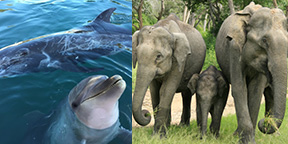
Wildlife Research Center Fund is utilized to promote the development of Wildlife Research Center facilities, which focuses on the protection of large animal species that face the threat of extinction.
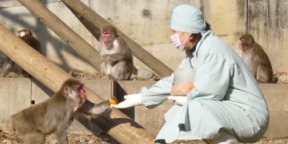
As the Primate Research Institute approaches its 50th anniversary, we will develop research and breeding facilities, pursue publicity activities, and strive for even greater progress in the Japan-born primatology with the Primate Research Institute as its center.
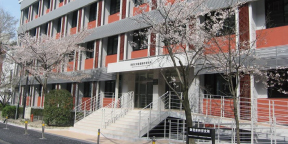
The Research Institute for Mathematical Sciences is working to promote research in mathematics and mathematical sciences, which is critical to the development of various sciences and industrial technology, and to develop the next generation of young researchers.
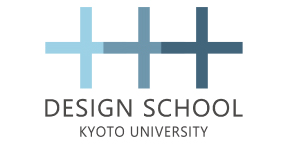
Developing new design methodologies and doctoral specialists capable of designing social systems and architectures through collaborating with experts in different fields.
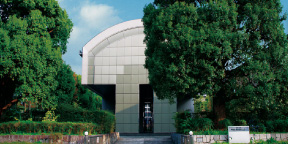
A world-leading center for fundamental and theoretical chemistry that promotes research activities and fosters a new generation of talent by providing an environment that enables young scientists to devote themselves to research.

The Kyoto University Hospital is working to improve patient services, enhance medical treatment, research and education, and deliver safe, high-quality medical care, as well as responding to society’s expectations as a hospital with superior functions.
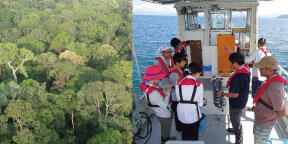
Functioning as the hub of a network for biodiversity researchers, and cultivating talent to lead research toward preservation of rich biodiversity and healthy global symbiosis into the future.
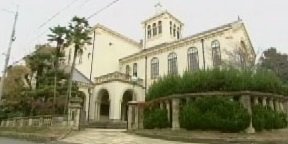
The Institute for Research in Humanities will promote research activities along with releasing and sharing the results to serve the purpose of coming up with effective solutions for current social issues from a humanities standpoint.
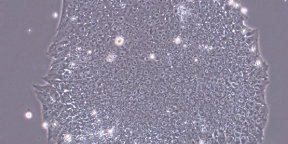
In order to fulfill our mission of eradicating viral diseases and realizing practical applications of frontier life and medical sciences, we engage in the promotion of the study of the portent and the development of researchers and entrepreneurs with broad perspectives and the ability to get things done along the path to taking the lead in medical sciences and biostudies.
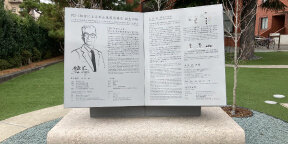
The Kyoto University Center for Cancer Immunotherapy and Immunobiology (CCII) was established in April 2020 as the first-ever Japanese comprehensive cancer immunotherapy research institute. We have been conducting research activities at the CCII to address clinical and biological issues in cancer immunotherapy. By addressing the issues, the CCII aims to realize the challenging goal of full recovery of cancer patients.
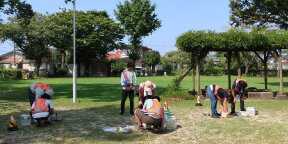
Contributing to paradigm shifts in the natural world and human society by pursuing the principles of natural hazard reduction, conducting practical research projects , and fostering the next generation of talent for sustainable development across the globe.
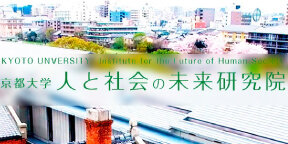
IFOHS aims to promote interdisciplinary research, pioneer new research areas, strengthen communication of research findings with a view to contributing to the harmonious well-being of the world using knowledge and insight from humanities and social sciences.
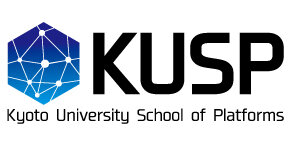
We aim to develop human resources who contribute to creating platforms capable of rapidly responding to social risks through systematic collaboration between informatics, field science (agriculture, medicine, disaster prevention, etc.), and liberal arts.
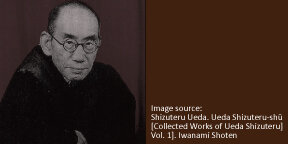
Supporting research of philosophy of the Kyoto School, an academic tradition of Kyoto University, fostering the next generation of researchers, and promoting the management and publicly exhibiting precious historical materials

Aim to foster and support young human resources who can become world-class researchers in the future by providing them with various financial support through projects that support the training of young researchers and their efforts to challenge themselves.
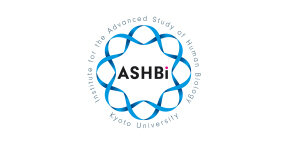
ASHBi Fund is designed to improve the research environment of the Institute for the Advanced Study of Human Biology (ASHBi) for advancing human biology research and to foster excellent young researchers to lead the research of next generation.

The Mozume Laboratory of Crop Evolution, Graduate School of Agriculture contributes to global food security through advances in crop breeding utilizing genome analysis and wheat germplasm preservation.
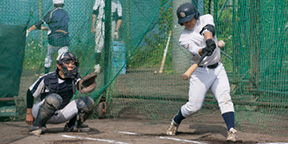
Baseball Club Support Fund supports the Kyoto University Baseball Club, which was founded in 1898 and now competes as a team affiliated with the Kansai BIG 6 Baseball League.
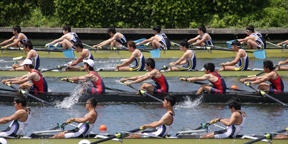
Rowing Club Support Fund is designed to support competitive intercollegiate activities of the Kyoto University Rowing Club, which is publicly well known with its Lake Biwa Rowing Song.
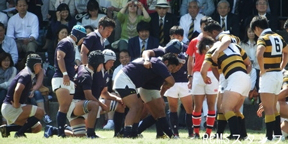
Rugby Football Club Support Fund supports activities of the club, which will celebrate its 100th anniversary in 2022. We aim to cultivate future leaders and contribute to the local community through the sport of rugby.

We aim to enhance the personnel, strategy, and environment of the KU American Football Club and realize our ambition of being “number one in Japan for sports”.
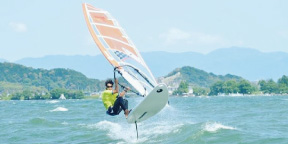
The Windsurfing Team has an impressive track record, which includes vectoring in the national intercollegiate team championships, and is striving to consolidate its position as one of Japan’s most competitive teams.
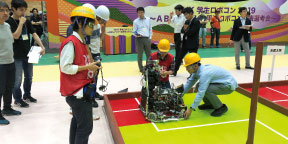
Fostering individuals with wide-ranging mechanical, electrical, and information-related knowledge and skills and raising KU’s profile through robot contests.
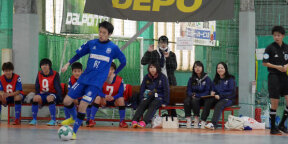
We intend to create a better training environment where players can strengthen fitness and strength and have more coaches, with the aim of achieving number one in Japan for university futsal and creating a team about which everyone says that nothing is more representative of university futsal than Kyoto University.
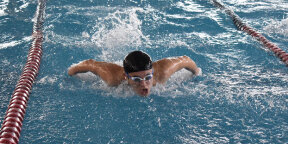
We aim to enhance the operational environment for the Kyoto University Swimming Club and the Kyoto University Faculty of Medicine Swimming Club which have performed outstandingly in athletic competitions. Our goals include the maintenance and renovation of Kyoto University’s pool equipment in the West Campus and the improvement of the practice environment.
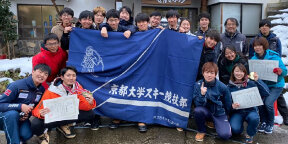
This fund will assist with the significant financial burden of insurance, registration, equipment, and other activity costs for the Kyoto University Ski Racing Team, and boost the team’s competitive performance by securing more on-snow training time.
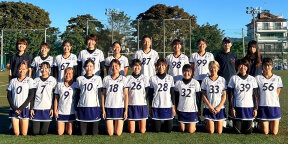
As the next step after achieving our long-awaited promotion to the Kansai Division 1 League, the Women's Lacrosse Club aims to strengthen the team's foundation to become even stronger Kyoto University.
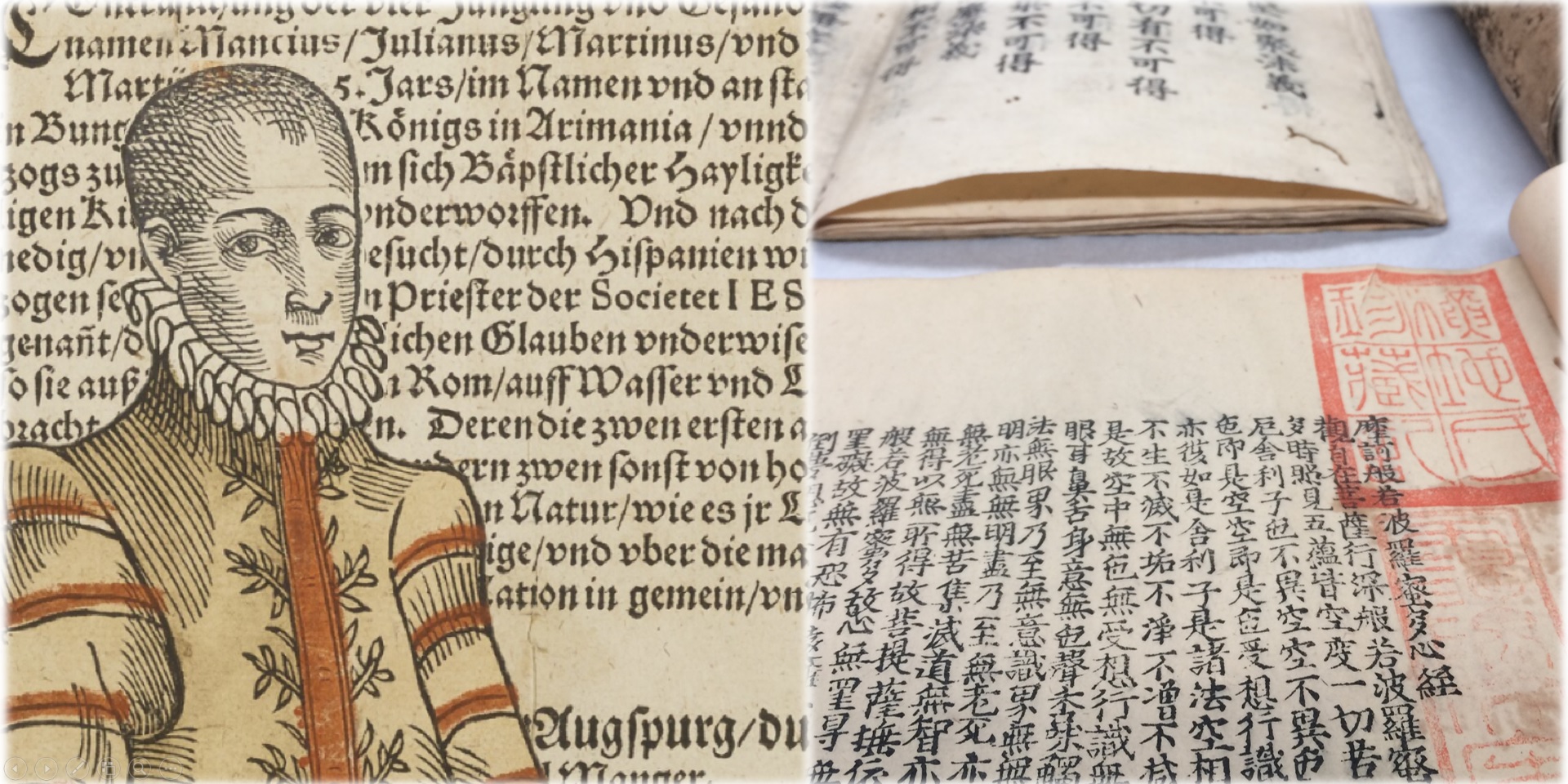
This fund supports the restoration and digitization of the rare materials held by Kyoto University to share the wisdom of our ancestors described there with the world and the future generations.
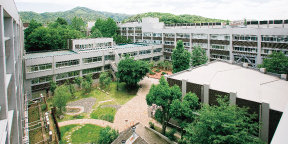
Conducing special projects to celebrate the Faculty of Agriculture’s 100th anniversary in 2023, and fostering researchers who tackle environmental and food supply challenges and advance agricultural science, which holds the key to a sustainable future.
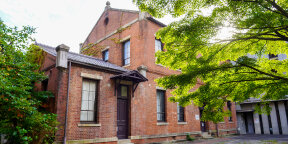
CSEAS is dedicated to restoring and preserving its valuable materials, repairing the historic library building, and sharing its wealth of knowledge, forging a lasting connection between Kyoto and Southeast Asia for future generations.